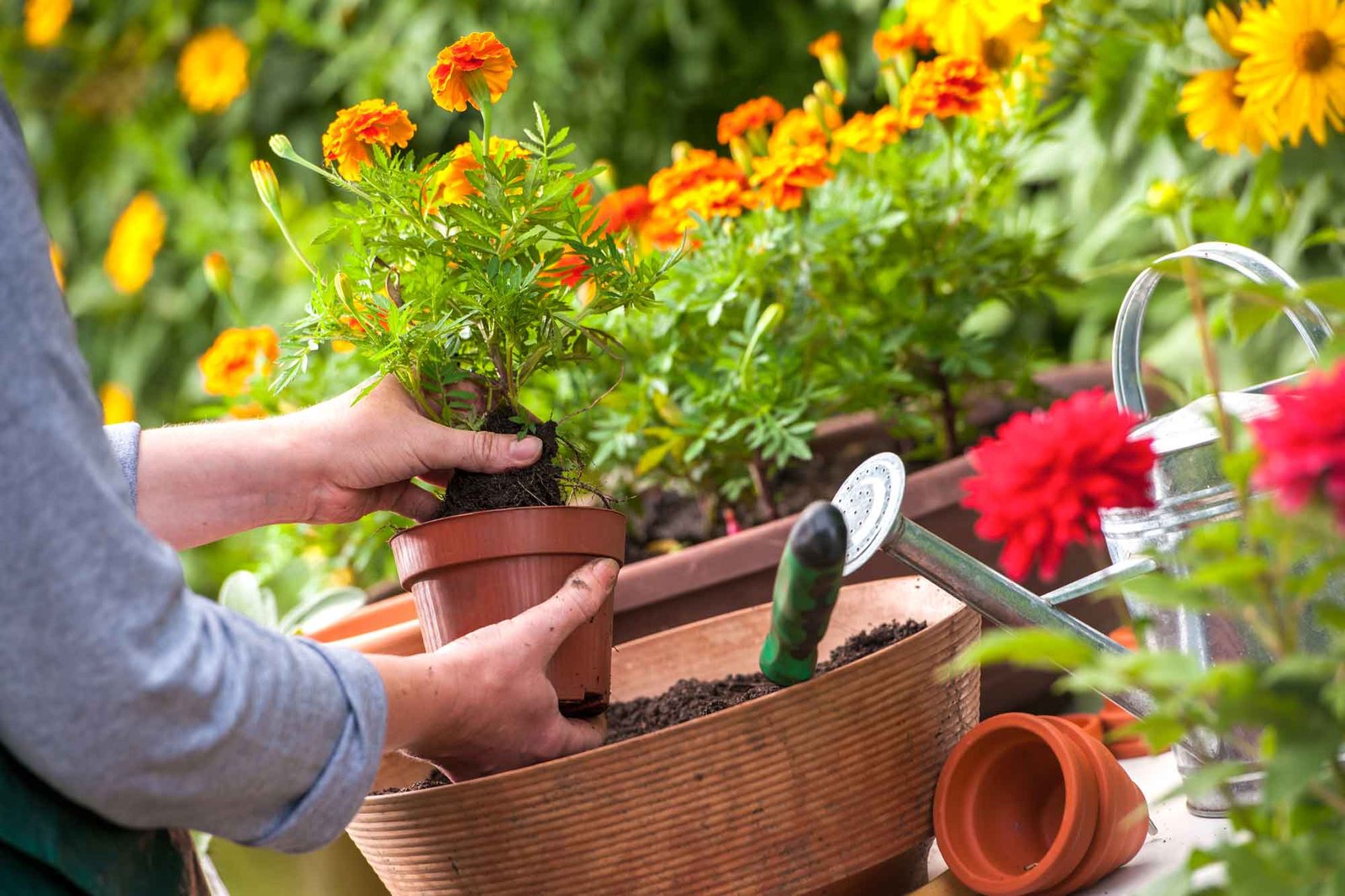You may feel that winter is a relaxing season for you regarding garden maintenance because pests and diseases are not very active in this season.
However, this is also a season when you should spend your time to make your garden safe from factors that can cause trouble to your plants during the forthcoming warmer months.
Thus being a little careful in winter will save you from a great amount of hard work in spring when your garden will be coming back to life. So, remember not to remain indoors during the cold weather.
Here are some simple tasks you can do to take care of your garden in cold months and make sure your garden is healthy and strong enough to welcome the thriving spring season.
1. Watch Over Black Spots
Black spots on rose leaves are common and turn leaves yellow leaving black dots on them. Keep an eye for this disease and as soon as you find it, pick infected leaves and burn them off.
Give the plant an intense prune in late winter and then spray them with a fungicide.
Choose disease-resistant varieties of roses and plant them if black spots occur commonly in your garden.
2. Companion Planting
A best way to pest control is companion planting. This is a perfectly organic method to beat pests without harming your plants and soil.
In companion planting, plants acting as deterrents to pests should be planted in the garden and they are far better than chemicals.
For example, planting garlic and onion near roses will repel thrips and aphids. Learn more about companion planting and get help for professional gardening services Bondi from Amico to control pests without harming the environment.
3. Expel Insects
Although winter is a slow season for pests, you are likely to find pupae or insect eggs on bases and leaves of plants, especially species that are more prone to insect infestation.
While checking the leaves, make sure you check the underside where the insects and their eggs or pupae are more likely to remain attached.
Spray white oil on plants and it will smother insects before they can hatch in spring.
4. Quarantine Pots of Affected Plants
When you’ll see signs of infestation of pests or diseases, isolate the plant pot from others and treat it. This will stop the infestation from passing to other plants and the disease or pest will be under control.
5. Eliminate Snails and Slugs
Snails and slugs become quite active when it’s raining. You can easily collect them. If you are sure that they haven’t consumed snail pellets, you can feed them to ducks and chooks.
You can create a snail trap by half-filling a jar with beer and digging it into the soil, 10mm above the surface.
Snails and slugs get enticed by the yeast and crawl in, then get intoxicated and then drown.
6. Smart Use of Water
Make smart use of water to avoid overwatering of your garden in winters. Reduce the watering time of irrigation systems to half or even less than you use in summer. This will prevent waterlogged soil.
Water the plants in the morning at ground level. This will make your soil dry out before nightfall and this will decrease the risk of fungal diseases.
7. Take Care of Your Soil
Never walk on your garden beds after rain because it increases the chances of compacting your soil. Compact soil when dries out becomes tough to dig and also affect plant growth.
Instead lay large boards on soil because they will spread your weight while walking or kneeling.
8. Eliminate Weeds
As soon as you see wintergrass in your lawn, remove it using a chemical or hand weed in small patches.
If this weed is not removed in time, it dies down when climate warms up but leaves seeds that again pop up next year.
These are easy tips to protect your garden in the days that are prone to pests and diseases. Take help of an expert landscape maintenance in Sydney from Amico and prepare your garden to thrive in spring.

